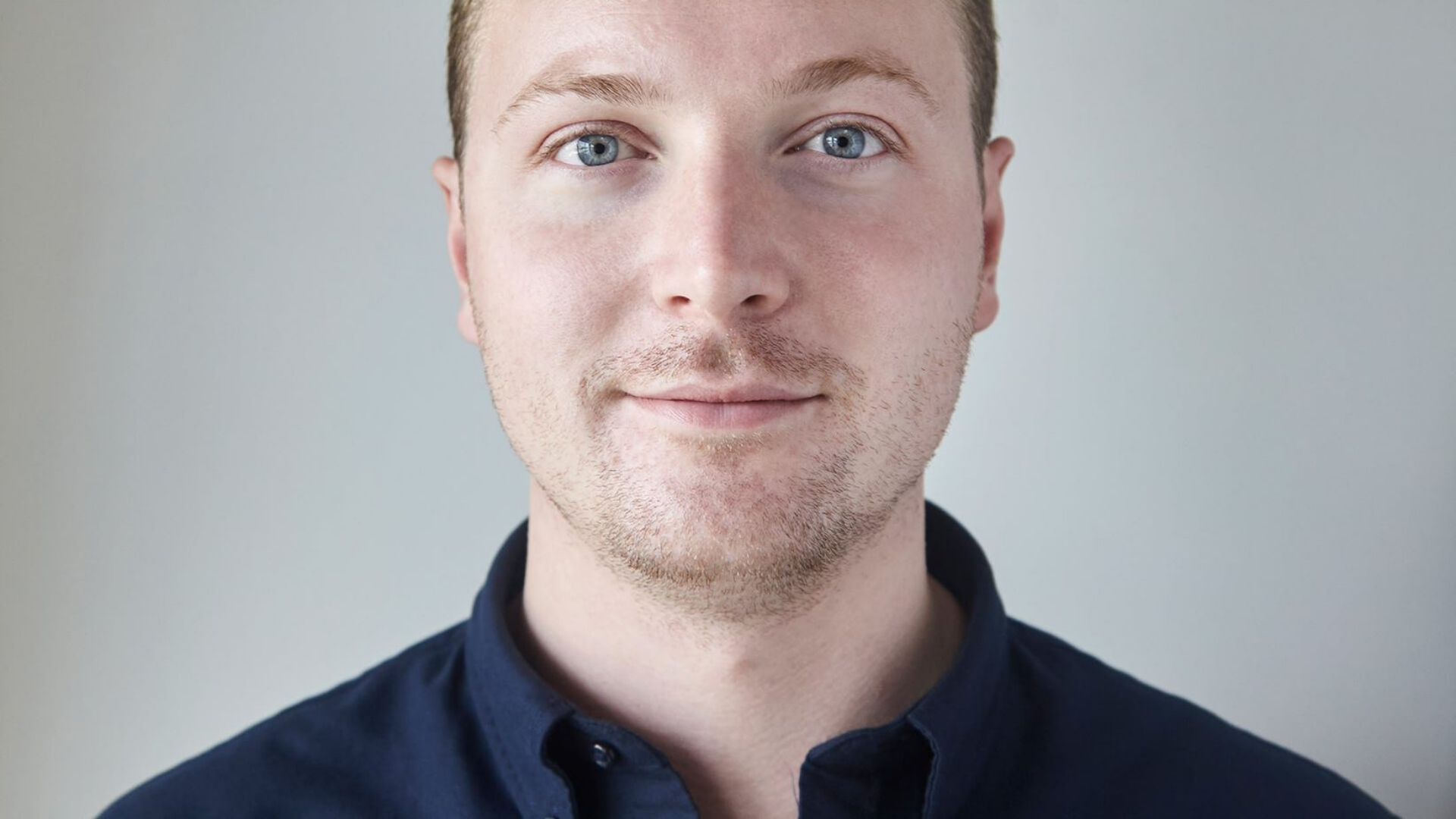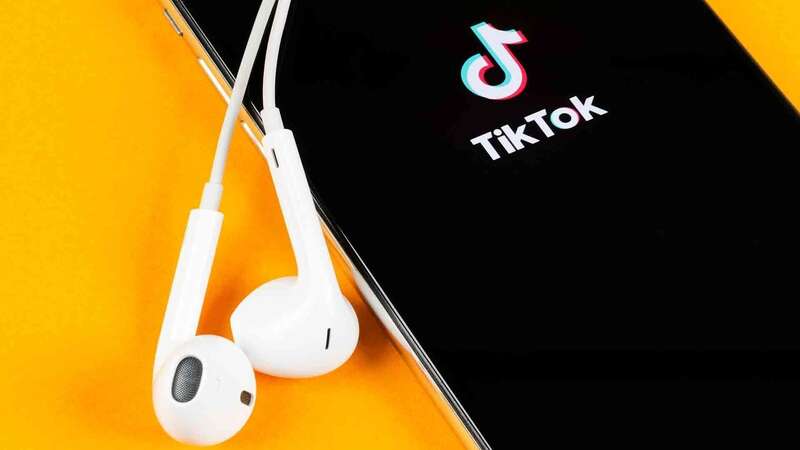You are viewing your 1 free article this month. Login to read more articles.
Events organisers aim to improve access with 'hybridity here to stay'
Event organisers hope to improve accessibility for both physical and digital offerings, increasingly through partnerships with other companies, as hybrid events remain popular two years on from the start of the pandemic.
Though organisers overwhelmingly agree hybrid events have increased access, there is concern that those living in “tech and data poverty” are overlooked and that more must be done to reach this demographic.
“The thing we mustn’t forget is that for certain sections of the population–if you have a disability [for example] and it’s difficult for you to get out of the house–actually having digital events is absolutely brilliant,” said Syima Aslam, director of Bradford Literature Festival.
But even with widespread adoption of hybrid events, Aslam feels people are still being left behind.
“When we talk about that accessibility, we are talking about accessibility for people who are already switched on to these things, to books, to the culture sector, they are probably people who already participate, they know about these things. And the really important thing is that they have the digital and data infrastructure and capability to be able to participate. One of the things we forget about is that there is a massive deficit nationally when it comes to [technology]–there’s digital and data poverty."
She added: “There is a certain section of the population who get very easily forgotten, who will get forgotten yet again."
Fane Productions recently rolled out an app to boost accessibility which can be used across devices including televisions. It will be offering all future live events as a hybrid model.
Founder Alex Fane believes the success of the hybrid model lies in its ability to provide the “financial and geographical accessibility that a live event cannot”.
He told The Bookseller: “All too often, live literary events take place in London or in a select list of UK cities. Streaming opens these events up to not only the rest of the UK, but the world. The entry price tends to be far lower than a ticket to a live event, if not free. Perhaps most importantly, online events bring these unique experiences to people who aren’t able to be in a traditional theatre environment, whether for health or personal reasons.
“It’s also worth considering that a new generation–and a new audience–are engaging with the literary world now, and they may far prefer to watch an event online, rather than in person, and at their own convenience”.
He thinks free events need “new, fresh” marketing to reach people “who wouldn’t usually consider themselves to have access to these experiences”.
Hay Festival International director Cristina Fuentes La Roche said the improvement in accessibility was dependent on how the hybrid model was produced. “Where sessions are available digitally on demand, at a lower price point, and with closed captioning, this can improve accessibility for audiences where any of those elements are a barrier to attendance,” she said.
“[Streaming] is most effective when working alongside more strategic, targeted work to widen accessibility." The festival’s new aim would be to “refocus on the micro level of accessibility [to] broaden cultural participation”.
"Hybridity is here to stay," she said.
Natasha Carthew, writer and artistic director of the Working Class Writers Festival, is concerned that more needs to be done to ensure “everyone has access to culture, no matter who they are or where they live”.
She said better internet infrastructure and cheaper broadband, especially in rural areas was needed, in addition to technology provision where library access was not available. “The decision to choose data over dinner should never be an issue for anyone in this day and age. Both are important in equal measure,” she added.
“Access also means providing sign language, audio descriptions and recording your event so that it is available to access for all, when the kids are in bed [or] when you’re home from work”.
Ted Hodgkinson, head of literature and spoken word at the Southbank Centre, is among those who have extended the on-demand period for several live-streamed events, including the sold-out in-conversation event with Akala.
“It’s not just the livestream that makes it more accessible but the on-demand period too which allows people to watch at a time that works better for them, from parents needing to watch post-bedtime to school audiences,” he told The Bookseller.
He also reported a “slight percentage increase” in engagement with audience members identifying as a D/deaf disabled or as having a long-term health condition, comparing the stats from online events in 2020 to 2021 with the 2019 to 2020 season.
“British Sign Language interpretation and speech-to-text translation flow through to the virtual event so that we’re making them as accessible as possible in that sense too,” he added.
Some companies are working with external partners to broaden access. Penguin Random House (PRH) is working with strategic consultancy The Unmistakables to increase its event accessibility on an ongoing basis. Initiatives have so far included offering discounted tickets for those aged under 26, and a partnership with the Black Ticket Project. PRH aims to more effectively cater for its D/deaf audiences.
“We’re working hard to provide speech-to-text captioning or BSL interpretation for more of our events,” said Vikki Mizon, head of creative events at Penguin Live. “Virtual events have a potentially wider audience and as costs for things like travel and accommodation don’t apply they are less expensive to put on and it therefore becomes possible to put on events with a wider range of authors, supporting, for example, debut authors or authors who discuss niche topics that may be difficult to find an audience for in one specific location.”
Edinburgh International Book Festival is working with the Inklusion project, a guide to making literature events more accessible for people living with disabilities, and has taken advice from disabled access charity Ewan’s Guide to improve site accessibility. The team is also working with Scottish charity PAMIS to stage events catering for people with profound and multiple learning disabilities, as well as their families and carers.
The festival’s online events are available on a pay-what-you-can basis, while a large outdoor free screen will be available for people to watch selected streaming events. Several events have previously been streamed via the Birks Cinema in Aberfeldy to reach people in rural areas where data provision may be less certain. It is an initiative director Nick Barley hopes to replicate elsewhere.
He said: “Our communities team works with people who are more likely to experience digital poverty, building relationships to help break down barriers to attending events, whether that’s in person, via complimentary tickets, or online [by] offering advice to those who are less confident with online events.”
















